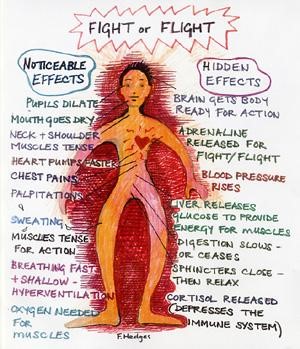Investigating The Way Slumber Disorders Disrupt Neural Oscillation Activity as well as Affect Mental Function
Investigating The Way Slumber Disorders Disrupt Neural Oscillation Activity as well as Affect Mental Function
Blog Article
Sleep is an essential part of our everyday lives, enabling our physical selves and mental faculties to rest and recover. However, many people suffer from slumber disorders, which can considerably disturb sleep patterns. These disorders can result to multiple issues, including changes in brainwave activity. Neural waves are electronic impulses in the mind that indicate our mental state and activity. When sleep is interrupted, the normal patterns of brainwaves can be impacted, leading to issues with mental function, such as recall, attention, and judgment.
There are several types of slumber disorders, including insomnia, sleep apnea, and unsettled leg syndrome. Insomnia is defined by difficulty falling or remaining asleep, while sleep apnea entails pauses in breathing during slumber. Restless leg syndrome causes uncomfortable feelings in the limbs, resulting to an compelling urge to move them. Each of these disorders can disrupt the natural slumber cycle, which comprises of various stages, including shallow sleep, profound sleep, and REM (rapid eye movement) slumber. Each stage plays a vital role in preserving overall brain health and function.
When sleep disorders interfere with these stages, brainwave activity can become irregular. For instance, during profound sleep, the brain generates gentle delta waves, which are important for physical restoration and memory consolidation. If a person undergoes repeated awakenings or does not reach deep sleep, Extra resources the generation of these delta waves is diminished. This can lead to difficulties in acquiring new information and retaining memories. Additionally, REM sleep, which is linked with fantasizing and affective processing, is also affected. Disruptions in REM sleep can result to problems with emotional regulation and inventiveness.
The effect of sleep disorders on mental function is significant. Research has demonstrated that people with sleep disorders often face difficulties with attention and focus. This can influence their capability at educational institutions or work, making it challenging to finish tasks or engage in discussions. Furthermore, long-term sleep deprivation can lead to mood changes, heightened stress, and even anxiety or depression. These mental and emotional challenges can create a cycle, where poor sleep results to cognitive difficulties, which in turn can lead to more sleep problems.
Addressing sleep disorders is crucial for enhancing neural wave activity and cognitive function. Treatment options may encompass habitual changes, such as creating a regular slumber schedule, creating a comfortable sleep environment, and engaging in relaxation techniques. In some cases, clinical intervention may be necessary, such as using a CPAP machine for slumber apnea or pharmaceuticals for insomnia. By prioritizing slumber and pursuing appropriate treatment, individuals can improve their overall mental abilities and boost their quality of life. Understanding the connection between slumber disorders, neural wave activity, and cognitive function is an important step toward improved health and well-being.